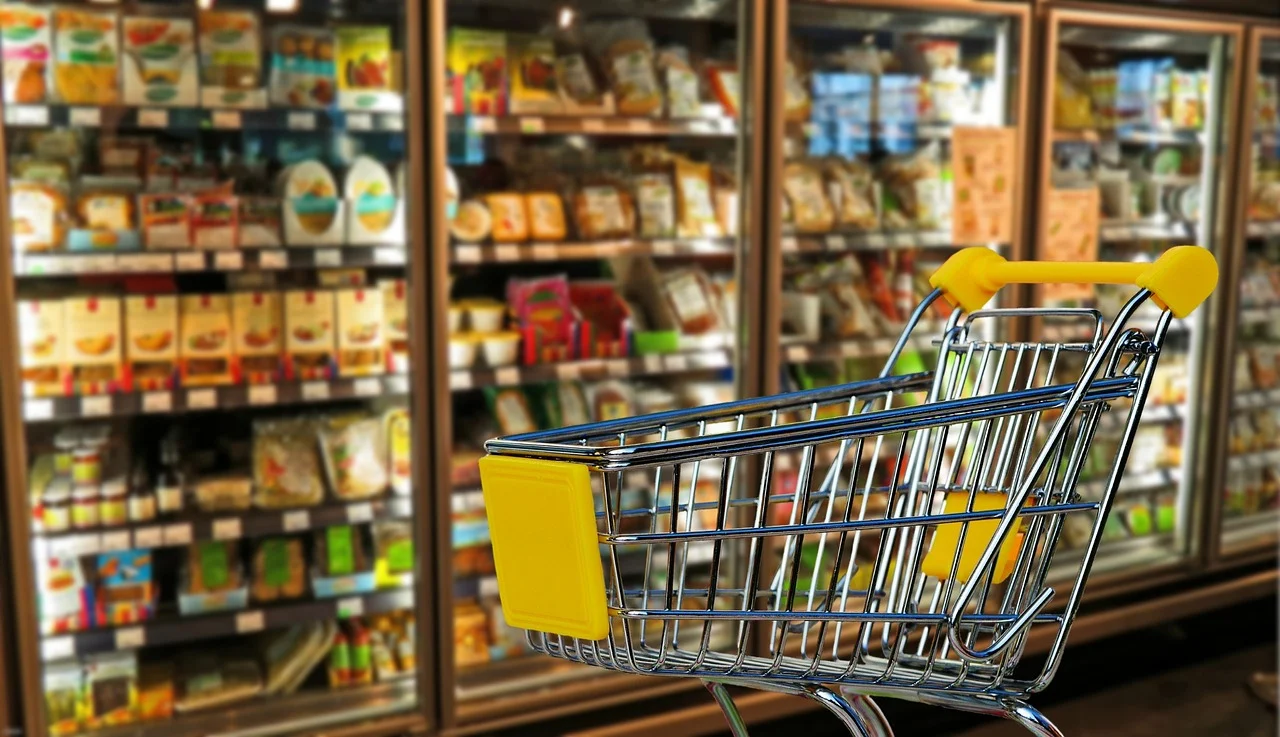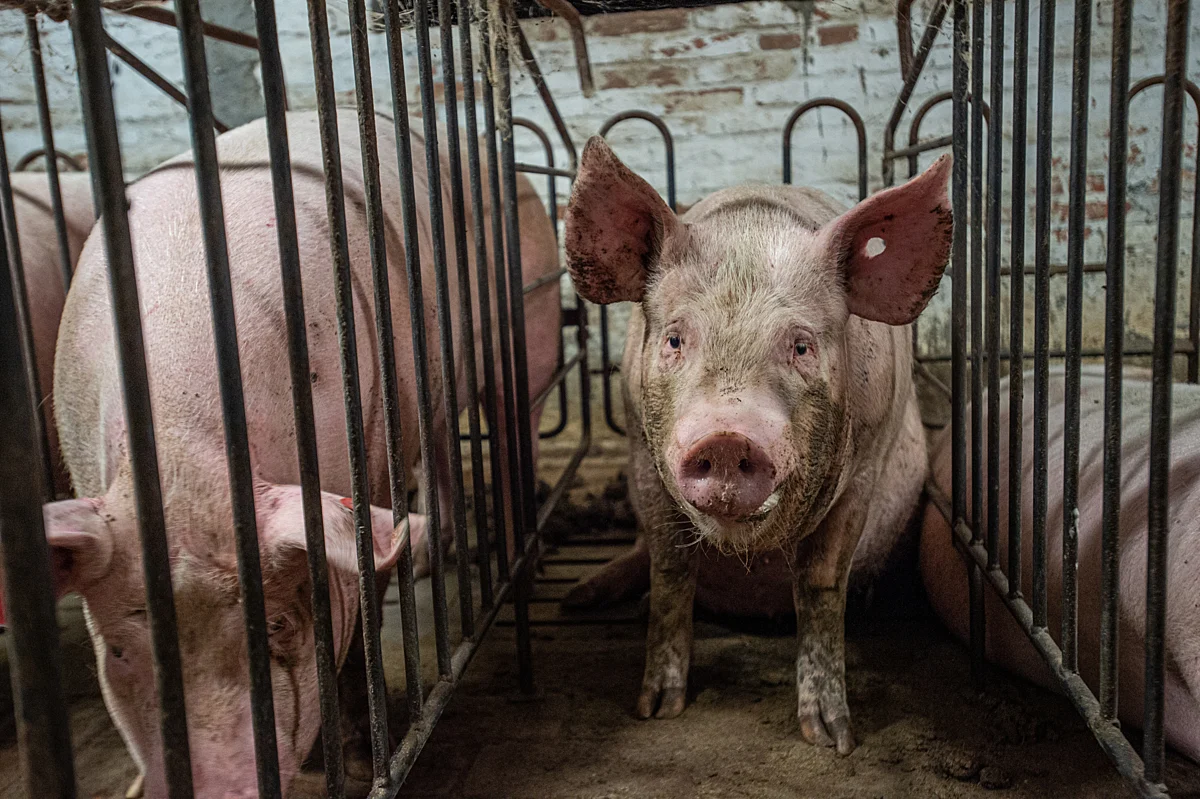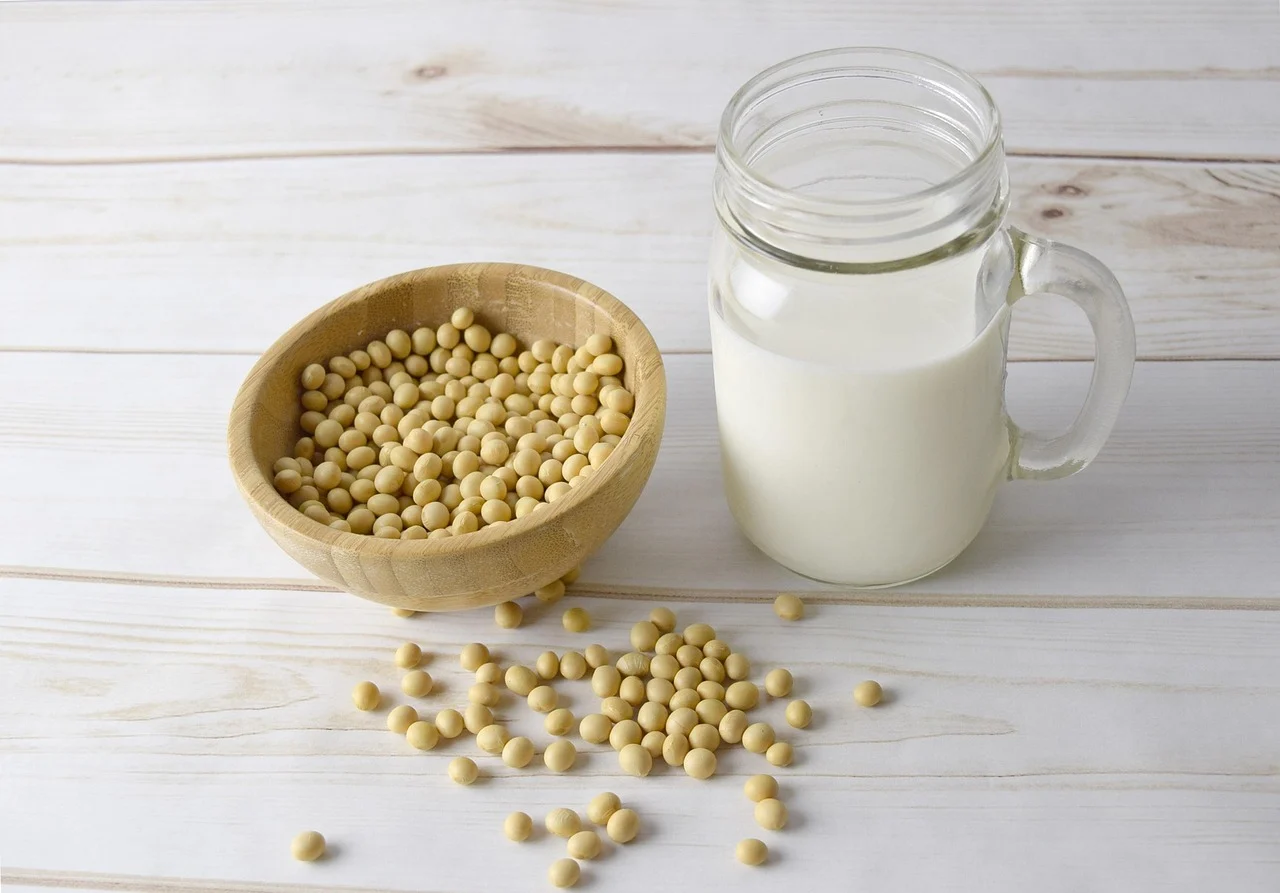It’s a bleak time for animals this Parliamentary term—but one glimmer of hope has been the long-overdue revision of the EU’s outdated live transport rules. After years of horror stories and policy inaction, it finally looked as if meaningful reform was on the table.
Now, even that faint glimmer is in danger of being extinguished.
The European Parliament’s agriculture and transport committees have tabled over 3,000 amendments to the Commission’s proposed text—many of them conflicting, and some threatening to unravel the entire revision. While a few decision-makers are pushing for tighter safeguards, others are lobbying to scrap the proposal altogether.
The revision was prompted by a damning 2022 parliamentary inquiry, which laid bare systemic enforcement failures and called for urgent change. It aimed to prevent the kinds of tragedies witnessed in recent years: cattle being stranded at sea for months; hundreds of sheep drowning off the coast of Romania; pregnant cows trapped in trucks for weeks at the sweltering Turkish border.
Despite strong cross-party support during the last mandate, today’s Parliament is more fractured—and pressure from industry lobbies is tilting the scales. One set of amendments to Article 27, which sets time limits, proposes extending allowable journeys to a whopping 111 hours. At the other end of the scale, stricter caps—up to four hours maximum—or improved rules on rest breaks and welfare checks during transport are tabled.
The debate is just as fierce when it comes to temperature limits and the transport of unweaned animals. Opponents argue that tougher rules could cripple rural economies. But what about the cost to animal lives?
“Despite years of mounting evidence, including the EU’s own scientific studies and NGO investigations, the European Parliament appears to be buckling under pressure from industry lobbies,” says Gabriela Kubíková, Policy Advisor at the European Institute for Animal Law and Policy. “It continues to refuse a simple truth—that Regulation 1/2005 fails to protect animals, and its current drafting makes effective enforcement virtually impossible. After countless tragedies on roads and at sea, the EU must adopt strong, ambitious, and future-proof rules that protect these sentient beings from immense suffering – not a law that merely shields the industries profiting from that suffering.”
Thankfully, the European Commission seems to agree. Andrea Gavinelli, Head of the Animal Welfare Unit, has acknowledged that the 2005 regulation has “reached its technical and administrative limits,” adding that no amount of enforcement can fix its “structural shortcomings.”
While meaningful improvements—such as significantly shorter journey times, robust protections for vulnerable animals including those at the end of their productive lives, unweaned young, and pregnant individuals, and a ban on transport during extreme temperatures—would be welcome, our ultimate goal remains clear: a total end to live exports to third countries.
In the meantime, measures to prevent animal suffering to some degree—the mandatory re-import of animals who were denied entry to a third country, only allowing transport on vessels flying white flags, and requiring the presence of a qualified veterinarian—would ensure that animals wouldn’t be stranded on borders for weeks, would only be transported on ships in a good condition, and could be euthanised properly by a skilled specialist to prevent suffering if they are sick or injured.
Isn’t it time these measures, at least—a bare minimum to alleviate animal suffering—became a reality?




